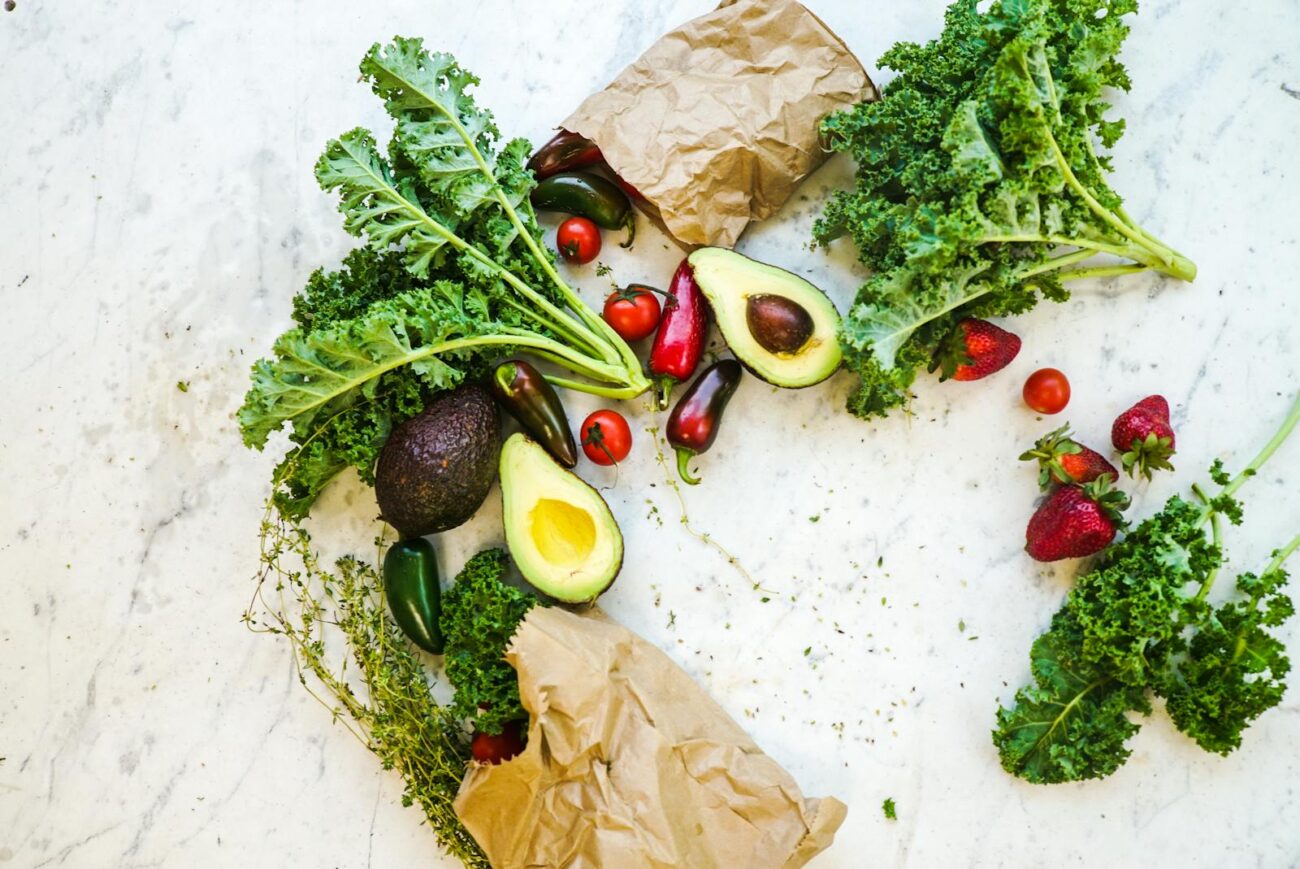In recent years, vegetarianism has gained significant popularity, driven by health concerns, environmental awareness, and ethical considerations.
A vegetarian diet, which excludes meat and sometimes other animal products, can offer numerous benefits—but it also comes with certain drawbacks if not carefully managed.
Let’s explore both sides.
Advantages of a Vegetarian Diet
1. Health Benefits
- Lower risk of chronic diseases: Studies show vegetarians may have lower rates of heart disease, hypertension, type 2 diabetes, and certain cancers.
- Weight management: Plant-based diets are often lower in calories and saturated fat, which can help with weight control.
- Improved digestion: A diet rich in fruits, vegetables, whole grains, and legumes provides more dietary fiber, supporting gut health and regularity.
2. Nutrient-Rich Foods
Vegetarian diets emphasize whole, plant-based foods that are rich in vitamins, minerals, and antioxidants. These compounds can strengthen the immune system and help the body fight inflammation.
3. Environmental Impact
Raising livestock requires vast amounts of land, water, and energy, and contributes significantly to greenhouse gas emissions. Choosing plant-based foods reduces your carbon footprint and supports sustainability.
4. Ethical Considerations
For many, avoiding meat is a way to reduce animal suffering and align eating habits with personal values.
Disadvantages of a Vegetarian Diet
1. Potential Nutrient Deficiencies
A poorly planned vegetarian diet may lack essential nutrients, including:
- Vitamin B12 (found mainly in animal products)
- Iron (plant-based iron is less easily absorbed)
- Omega-3 fatty acids (important for brain and heart health)
- Protein (though achievable, it requires mindful food combinations)
2. Social and Cultural Challenges
Eating out or attending social gatherings can be tricky when vegetarian options are limited, especially in cultures where meat is central to the cuisine.
3. Higher Reliance on Processed Foods
Some people substitute meat with highly processed vegetarian products (like mock meats), which may be high in sodium, preservatives, or unhealthy fats.
4. Transition Difficulties
Switching to vegetarianism requires learning new recipes, shopping habits, and meal planning strategies, which can be overwhelming at first.
Striking a Balance
A vegetarian diet can be very healthy and sustainable when carefully planned. To avoid nutritional gaps:
- Include a variety of whole foods (legumes, nuts, seeds, whole grains, fruits, and vegetables).
- Consider fortified foods or supplements for nutrients like B12 and vitamin D.
- Pair plant-based iron sources with vitamin C–rich foods to improve absorption.
- Explore diverse cuisines for flavorful, balanced vegetarian meals.

The vegetarian diet is not a one-size-fits-all solution. For many, it supports better health, aligns with ethical values, and helps the planet. However, it also requires awareness and effort to ensure proper nutrition.
Whether you choose to go fully vegetarian or simply reduce your meat intake, the key is balance, variety, and mindful eating.

